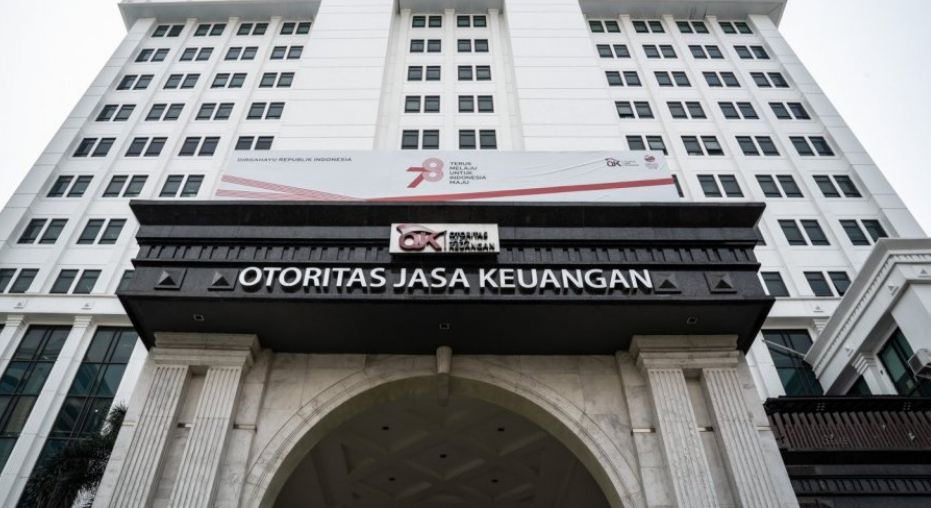OJK stress tests Indonesian banks for tariff war

JAKARTA – The Financial Services Authority (OJK) has tightened supervision by conducting stress tests on Indonesia’s national banking sector, in anticipation of the wider impact of US President Donald Trump’s import tariff policies.
This is part of OJK’s regular programme as the financial services regulator. “OJK is conducting stress tests to assess the effects of economic changes, including US import tariffs and rupiah depreciation on the banking sector,” said Dian Ediana Rae, OJK’s Executive Head of Banking Supervision, in an official statement on Monday (28 April).
According to the latest stress test results, Indonesia’s banking capital adequacy ratio (CAR) remains strong at 26.95% as of February 2025. The non-performing loan (NPL) ratio remains stable, with gross NPL at 2.22%, net NPL at 0.81%, and Loan At Risk (LAR) at 9.77%.
OJK stated that these results indicate that the banking sector is resilient enough to absorb credit, market, and liquidity risks amid global uncertainty.
OJK also noted that banking intermediation performance remains positive, with annual credit growth (YoY) of 10.30%, reaching Rp7,825 trillion. Investment credit grew the fastest at 14.62%, followed by consumer credit at 10.31% and working capital at 7.66%.
State-owned banks (BUMN) were the primary drivers of credit growth, achieving 10.93% YoY growth, while corporate loans increased by 15.95% YoY, and SME loans grew by 2.51%.
OJK also highlighted rising risks, particularly in Indonesia’s key export sectors, such as textiles, footwear, electronics, fisheries, and palm oil, due to higher export costs to the US.
Dian emphasised the importance of banks proactively assessing both global and domestic risks, as well as preparing strategic responses to strengthen Indonesia’s financial system.
The Islamic banking sector is also under scrutiny. Although Islamic banks have lower market risk exposure compared to conventional banks, they are urged to increase awareness of macroeconomic changes and consistently strengthen risk management.
“Islamic banks need to conduct further assessments on borrowers in affected sectors and seek opportunities amid global changes,” said Dian. (EF/KR/LM)